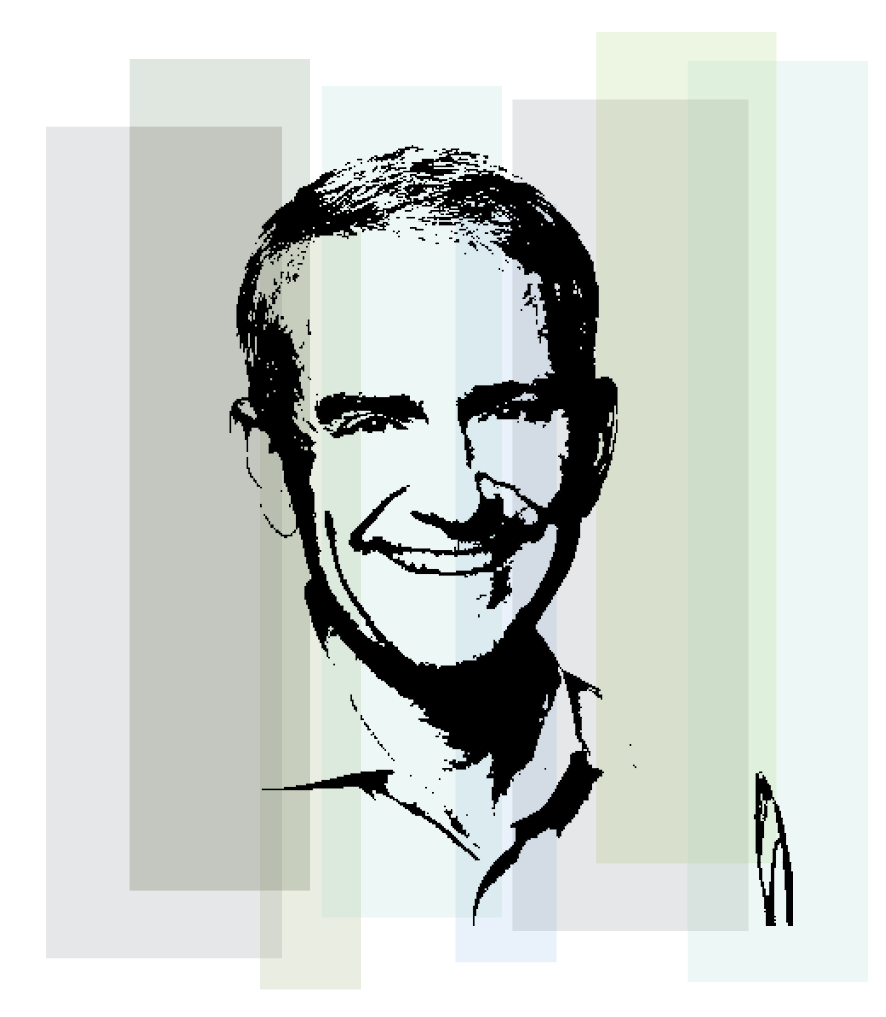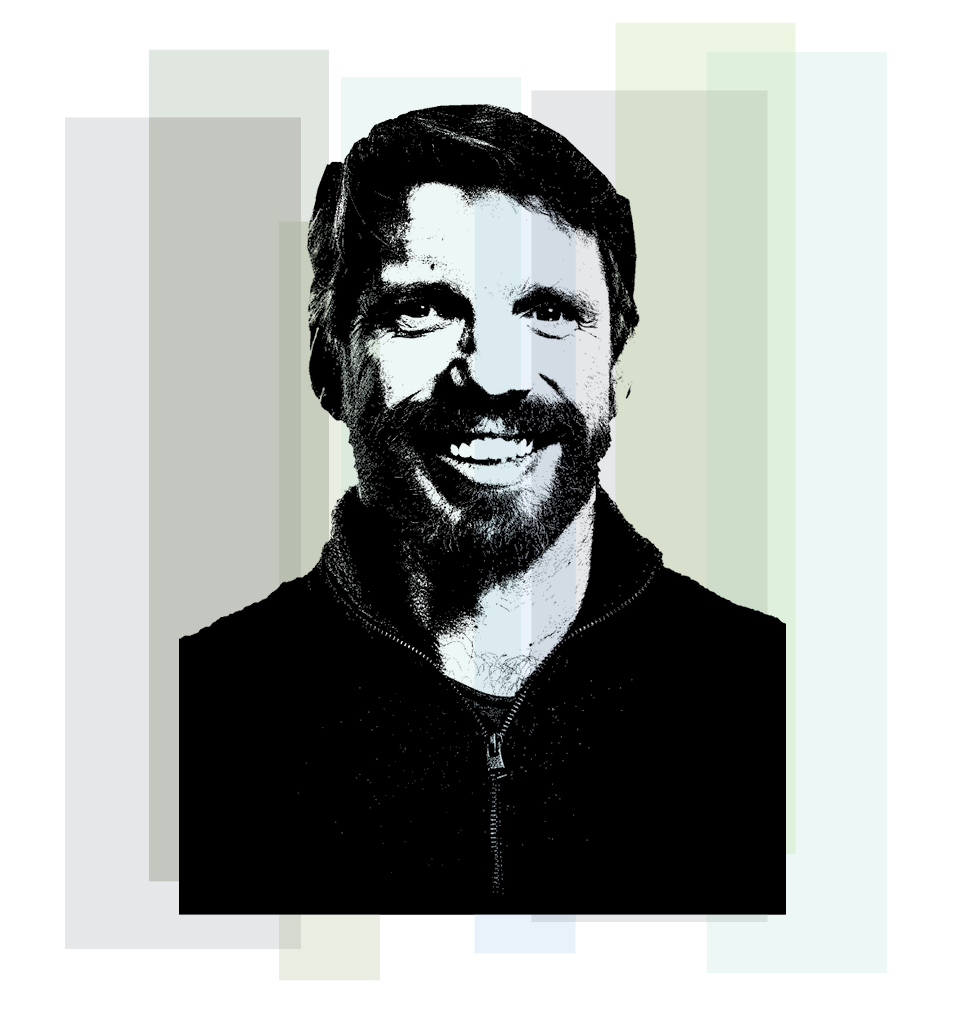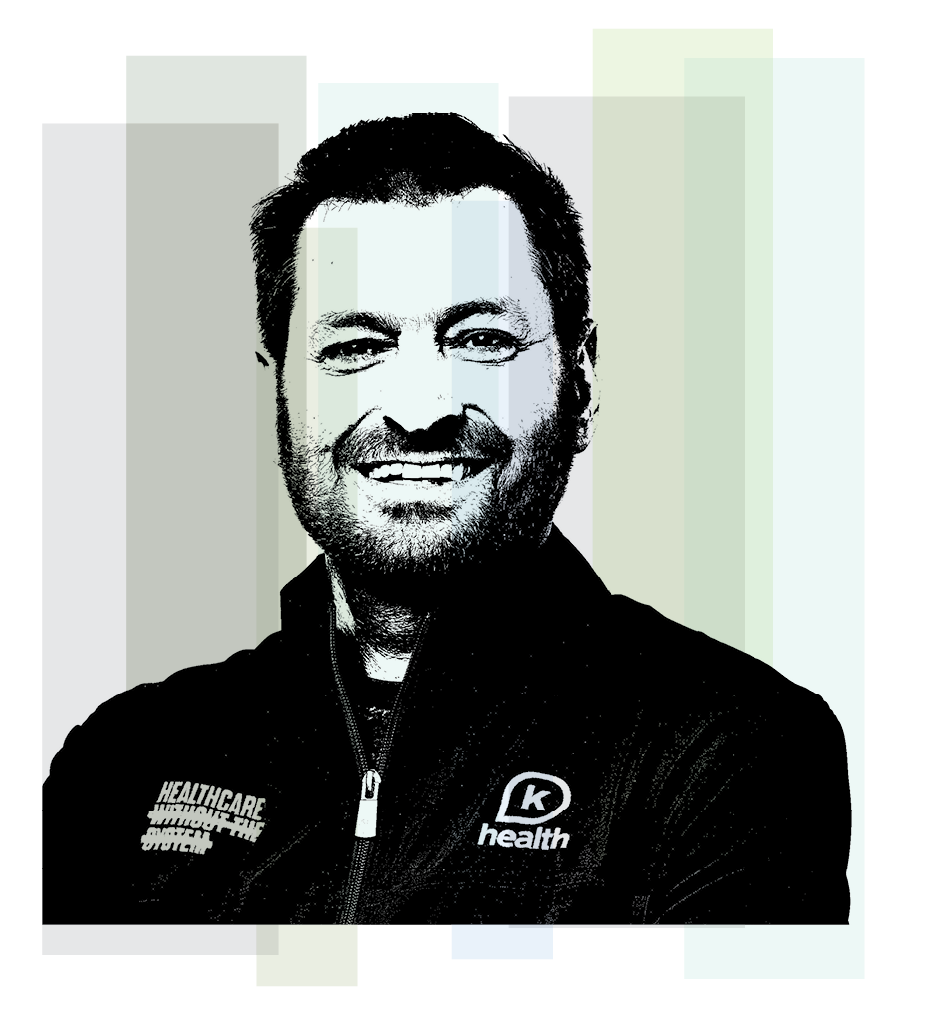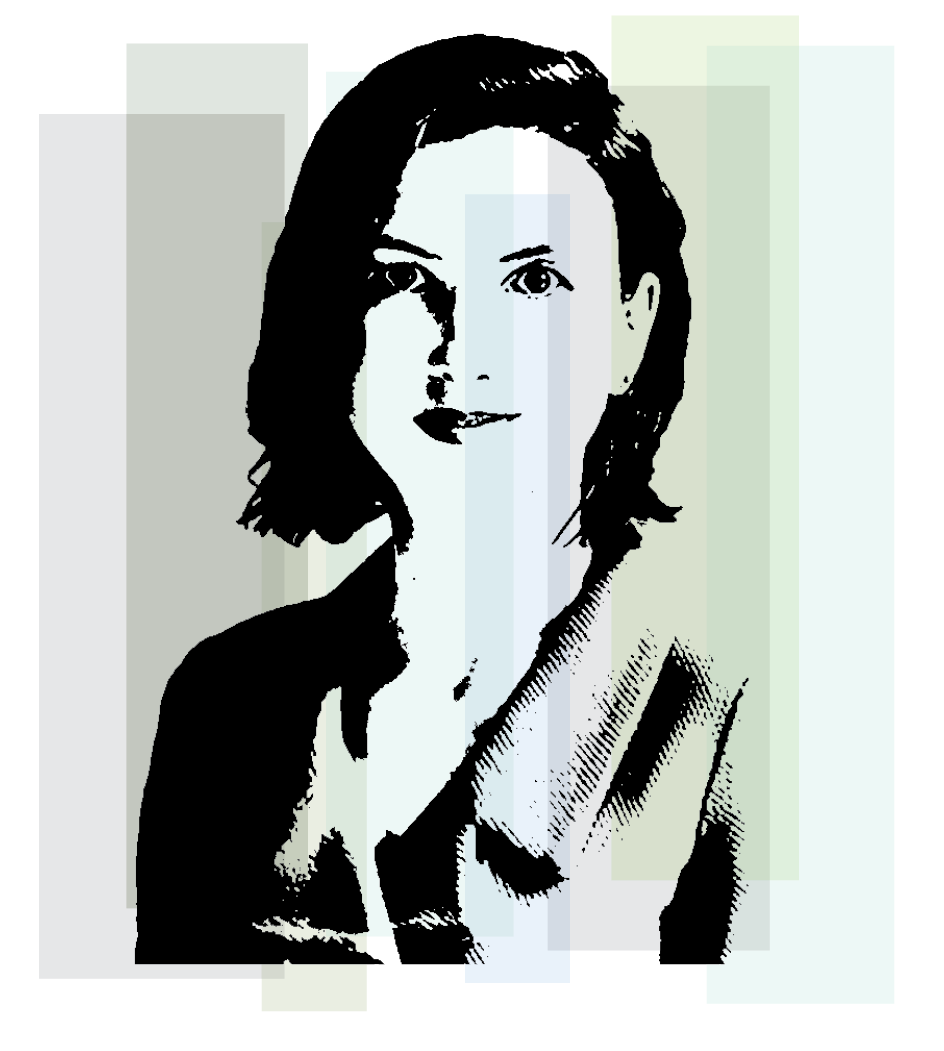Today, as technology increasingly impacts business practice, even traditional sectors from real estate to retail have been revolutionized and reimagined through the use of big data and advanced analytics. Startling innovations driven by machine learning and generative artificial intelligence have the capacity to ever improve themselves, opening the gates for constant growth. With technological advances such as these steamrolling ahead, many say what we’re seeing today is only a fraction of what will be possible tomorrow.
“If you look across the last several decades, we’ve seen exponential growth in available computing power, in data generated, and in the power of software tools to manage and analyze this data. The use of data and AI to make decisions and drive efficiencies will be ubiquitous across all enterprises very quickly,” says Jake Reynolds ’97, general partner at TCV, who recently made a transformative gift to help establish the School’s Digital Future Initiative.
Reynolds has been investing in tech ventures for three decades, and calls the digital revolution “an unstoppable wave that’s going to continue to grow and be more powerful with time.”
To leverage this digital wave, leaders and managers across all spheres need critical thinking skills and a well-honed ability to understand statistics and synthesize data. “Being able to understand operations, understand the data across the business, and manage inventory— many people don’t have these skills,” says Ryan Petersen ’08, founder of Flexport. “It’s a crucial part of what business schools teach.”
It’s certainly a part of what Columbia Business School teaches. Countless CBS alumni are leading companies that harness cutting-edge data analytics to measurably increase operational efficiency, uniquely personalize customer service, and, in some cases, disrupt industries entirely. According to Allon Bloch ’97, the co-founder and CEO of K Health, “Running companies over the years, I’ve come to believe that half-measures and incremental solutions aren’t going to work in healthcare. We have to use the power of data to rebuild a better system.”
Sortile CEO Constanza Gomez ’22 decided to help build one of the first systems for recycling textiles using AI-driven automation and data. Eighty thousand dollars in grants and a strong nudge from a fellow student who became her co-founding partner helped Gomez launch the venture. “I would have never started this if it wasn’t for CBS,” she says.
Lorena Puica ’15, founder and CEO of syd, likewise formed a new company using AI power and big data. Her all-in-one life quality platform, syd, serves as a personalized resource for preventative healthcare practices. And while syd’s success in improving quality of life and increasing productivity is measurable, Puica says tech-driven improvements in healthcare are still nascent, particularly when it comes to equal access and opportunity. If society doesn’t “have a clear understanding of what equity truly is,” Puica says, “the machines we build will have even less clarity.”
The bar is high, but under Dean Costis Maglaras, CBS is leading the way toward balanced solutions. Last year, the School launched the Digital Future Initiative, which unites students, business leaders, policymakers, and hundreds of faculty across disciplines in the discussion of technology’s disruptive impact on society.
Non-traditional, disruptive tech startups—these are the kinds of companies CBS alumni have been launching lately. In the following stories, we profile alumni introducing novel ideas and building entirely new disruptive businesses based on explosive data-driven technologies.

Jake Reynolds ’97, general partner, TCV
Tech Innovation Is ‘Mind-Blowing’ and ‘Not Well Understood’
Jake Reynolds has been investing in tech start ups for 30 years, specializing in the enterprise and software-as-a-service sector. Still, he says, “my mind is blown every day” by the power of data and the boundary-breaking ideas for new products and services that aspiring entrepreneurs bring to the table seeking capital. “Every day I see how digitization and AI are exploding the potential of what we can imagine.”




